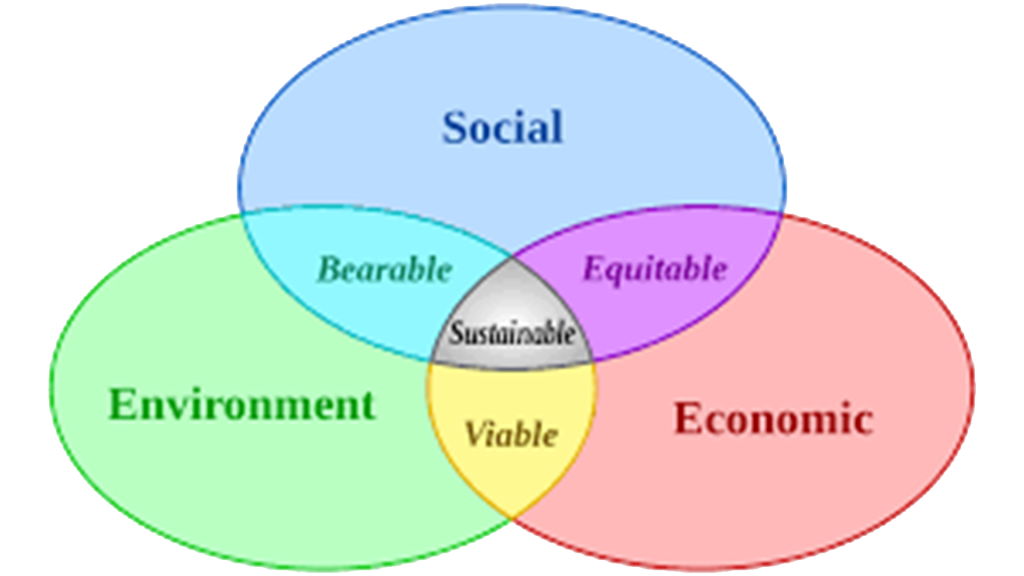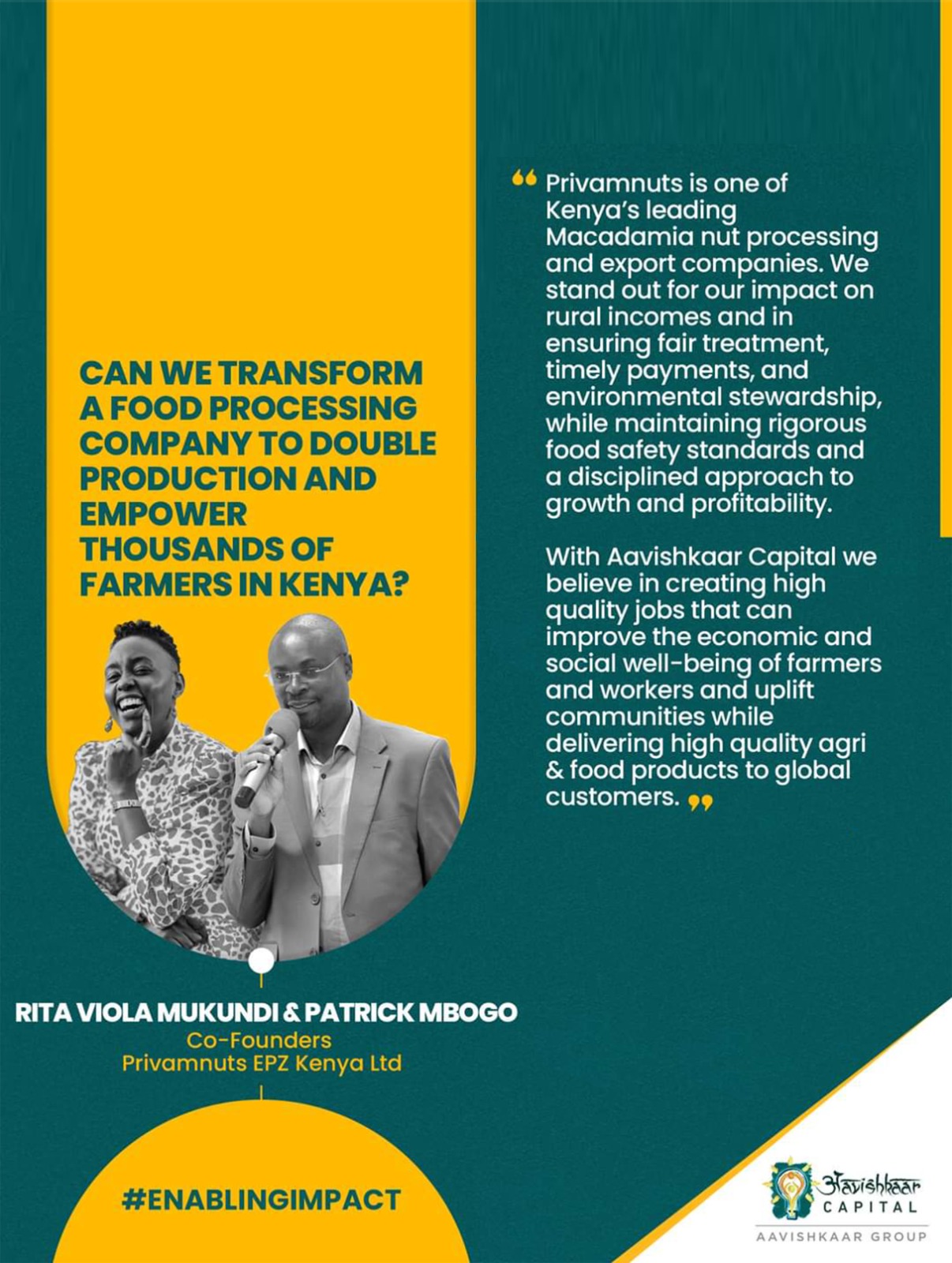
- How Sustainability Safeguards African Businesses in a Changing World;
By: Alice Ngatia;
Social responsibility and environmental protection have become inseparable from financial success.
Many still see sustainability as an afterthought, a box-ticking exercise to appease regulators but having interacted with brands committed to sustainability, I have witnessed a different truth.
And that is:- The companies that truly integrate sustainability thrive and flourish.
Sustainability is far more than compliance or PR. It’s a lifeline for preserving resources, uplifting communities, and creating businesses that can withstand unforeseen challenges.
It’s time for Africa’s leaders to embrace sustainability not as a constraint, but as a catalyst.
A catalyst for innovation, efficiency, brand loyalty, and enduring prosperity.
This is how we safeguard Africa’s future: not just for the bottom line, but for the people and the land that sustain us all.

Why Sustainability Matters to Africa’s Bottom Line
Our continent is no stranger to resource constraints.Businesses finding clever ways to use less water, energy, or materials aren’t just ‘going green’—they’re cutting costs and gaining an edge over competitors who haven’t caught on.
Reputation matters, now more than ever. Consumers worldwide are increasingly discerning about the brands they support.
A company with a solid sustainability track record becomes a magnet for those who value ethical practices and environmental responsibility.
This can translate to increased sales, a loyal customer base, and even the ability to tap into new markets hungry for sustainable products.
Consider the harsh realities of climate change, where Africa often bears the brunt. Businesses that adapt—think drought-resistant crops or innovative water management—aren’t just doing their bit for the planet.
They’re ensuring their own survival when faced with increasingly unpredictable weather patterns.
Sustainability Starts at the Top
Sustainability isn’t something you can delegate to a junior team member or tack onto someone’s existing responsibilities. It starts at the top. C-level executives hold the power to steer their companies towards a more sustainable future. They set the tone, the vision, and ultimately, the strategy.
Imagine a company (and leader) that uses sustainability as their guiding principle. Where clear objectives are set, progress is rigorously tracked, and everyone is held responsible for contributing.
This is the kind of environment that fosters real change.
When leaders walk the talk, it’s infectious. Employees see that sustainability isn’t just a gimmick but a core value. They’re more likely to get on board, come up with their own ideas, and own the process.
A shared sense of purpose emerges where everyone works towards something bigger than themselves.

The Road to Sustainability
Let’s not pretend the path to sustainability is always smooth. Especially in Africa, resources can be scarce, other needs may seem more pressing, and the regulatory landscape can be complex. But these are hurdles, not dead-ends.
What then can organizations do to overcome the sustainability hurdles?
- Leveraging Partnerships to Overcome Resource Constraints.Partnerships can be a game-changer. Extending your resources to do everything can be very limiting for your growth. Teaming up with NGOs, financing partners or government bodies might unlock access to funding, know-how, or even tech that would accelerate action for all stakeholders involved.
- Balancing Short-Term Gains with Long-Term Vision
Balancing immediate demands with long-term goals is a common struggle, especially when quarterly profits loom large. But this is where a clear vision and decisive leadership prove their worth. When sustainability is woven into the very fabric of a company’s strategy, it becomes more than an afterthought—it’s the foundation. - Keeping Up with the Evolving Regulatory Landscape
Navigating the regulatory landscape can be a headache, even more so when the rules are constantly changing. Staying informed and engaged with policymakers and industry peers helps businesses stay ahead of the game. It’s about ensuring compliance while also having a voice in shaping regulations that support sustainable practices. - Embracing the Power of Collaboration and Shared Learning
Ubuntu, the spirit of interconnectedness, has long been a guiding principle in many societies. It reminds us that we thrive when we lift each other up. This also holds true for sustainability. Instead of hoarding knowledge or viewing each other as competitors, businesses can become a powerful force for change by sharing what they’ve learned. Imagine the possibilities if we pooled our insights, our successes, even our missteps. - This isn’t about isolated acts of “going green.” It’s about a fundamental shift in how we do business, where sustainable practices are the rule, not the exception, benefiting all who call this continent home.
We’re way past the point of superficial eco-friendly gestures. Sustainability is a mindset shift, a transformation that permeates every level of the company. When it’s done right, it becomes ingrained in the company’s very identity—a driving force behind how it operates, innovates, and interacts with the world
Alice is a Senior Marketing Executive & Sustainability Specialist with 18+ years of experience in helping brands WIN in the hearts & minds of customers.











